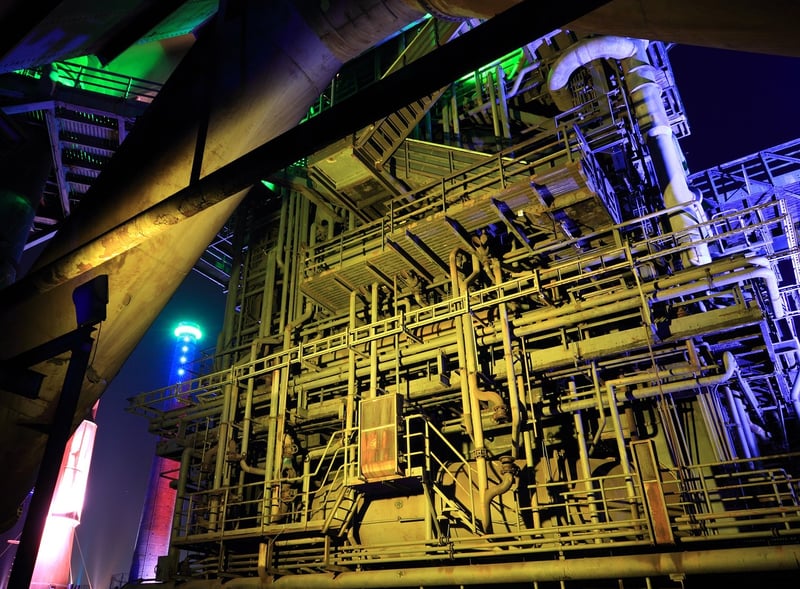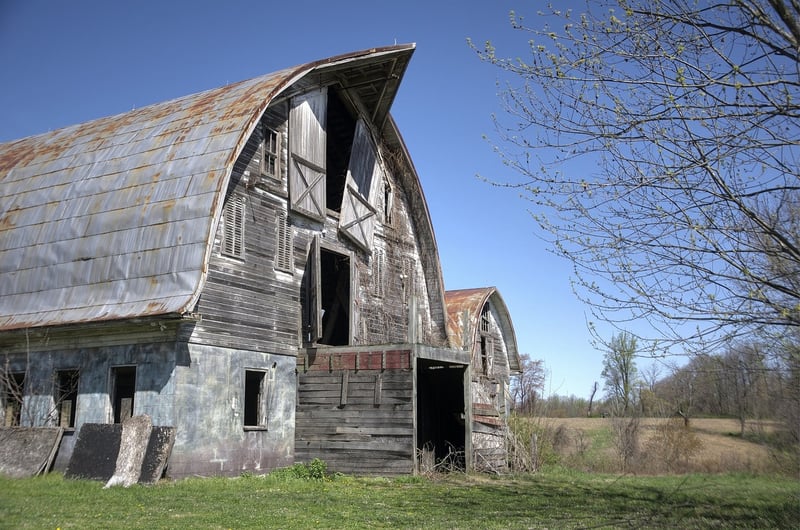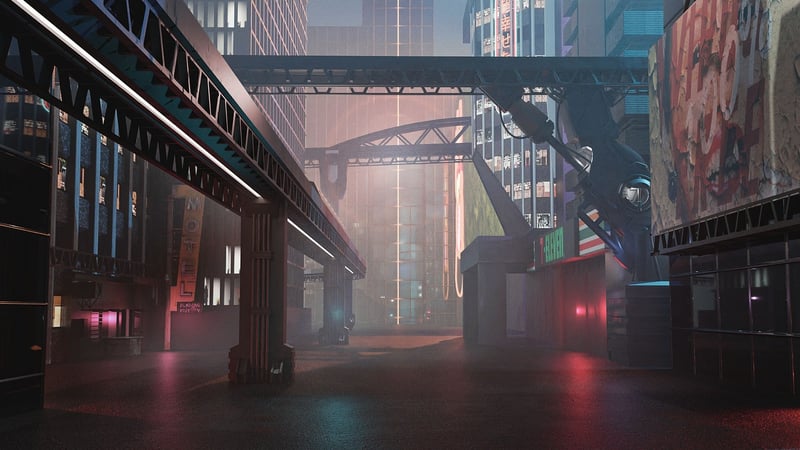Future Dystopia
Exploring Different Eras and Imagining a Future Dystopia
Throughout history, humanity has witnessed various eras marked by significant events, cultural shifts, and technological advancements. From ancient civilizations to modern times, each era has shaped the world we live in today. Let's take a journey through time and explore some of these fascinating periods before delving into the realm of a future dystopia.
Ancient Civilizations
Ancient civilizations such as the Egyptian, Greek, Roman, and Mesopotamian empires laid the foundation for many aspects of modern society. Their achievements in architecture, art, philosophy, and governance continue to influence our world to this day.

The Renaissance
The Renaissance period in Europe, known for its revival of art, literature, and learning, marked a significant cultural rebirth. Visionaries like Leonardo da Vinci, Michelangelo, and Galileo made groundbreaking contributions that shaped the course of history.

Industrial Revolution
The Industrial Revolution transformed societies with the advent of mechanization, factories, and urbanization. This era ushered in a new age of innovation and economic growth but also brought about significant social and environmental challenges.

Modern Times
In the modern era, rapid technological advancements, globalization, and cultural exchange have interconnected people worldwide. The digital age has revolutionized communication, healthcare, and transportation, shaping a rapidly evolving global landscape.

Imagining a Future Dystopia
As we look ahead to the future, it's essential to consider the potential consequences of unchecked technological growth, environmental degradation, and societal inequities. The concept of a dystopian society, characterized by oppressive control, dehumanization, and environmental decay, serves as a cautionary tale.
Through speculative fiction, films, and art, creators explore dystopian futures where individual freedoms are restricted, nature is exploited, and inequality is rampant. These narratives prompt reflection on our current trajectory and the importance of sustainable practices, ethical governance, and social justice.

By learning from the lessons of the past and engaging in critical discourse about the future, we can strive to create a more equitable, sustainable, and harmonious world for generations to come.
